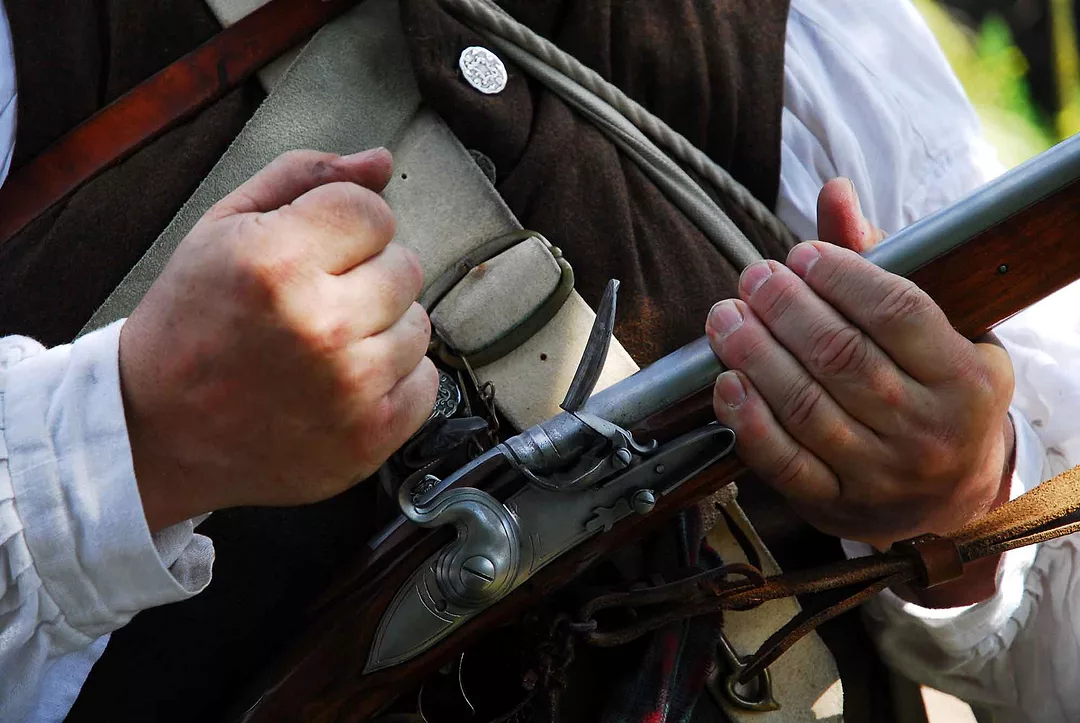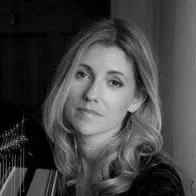
QUESTIONS
1. Spring is arriving! Using a spring flower that can be abundantly found in Concord, complete the title of this 1878 book written by Louisa May Alcott: Under the _________.
a) Apple blossoms
b) Daffodils
c) Lilacs
d) Primrose
e) Yucca
Click to show the answer
b) Daffodils
c) Lilacs
d) Primrose
e) Yucca
Answer: c) Under the Lilacs. Published ten years after Little Women, Under the Lilacs is a children’s novel about a circus runaway, Ben Brown, his dog Sancho, and sisters Bab and Betty Moss who take Ben and Sancho under their wings.
2. Within a half mile of Concord Center, you can find a non-edible “Apple Slump.” Where and what is this?
Click to show the answer
Answer: Louisa May Alcott’s Orchard House located at 399 Lexington Road. Louisa’s father, Amos Bronson Alcott, purchased the property in 1857 (eleven years before Louisa wrote Little Women). It came with an apple orchard of over 40 trees, ten woodland acres, a well, two dilapidated houses (one, a c. 17th century Manor House, and the other an early 18th century tenant house), and several ruinous outbuildings. Bronson did extensive repairs and renovations, including moving the tenant house and attaching it to the back of the main house. While the apple orchard inspired Bronson to call the dwelling “Orchard House,” Louisa jokingly referred to the sloping and uneven combined house as “Apple Slump,” the name of a popular dessert in which the batter was poured on top of cut up apples and “slumped” in all directions after baking. Orchard House is now a museum and while it is temporarily closed due to COVID-19 restrictions, visit their website for fascinating articles, virtual tours, and more. And if you would like to enjoy an Apple Slump dessert, order the Little Women Cookbook online at louisamayalcott.org.
3. April showers are supposed to bring
May flowers, but in 1844 an April drought in Concord made the ground like a tinderbox. Unfortunately, one unsuspecting famous Concordian brought the match to
the party, accidentally starting a fire that burned over 100 acres near Concord Center. The accidental arsonist was:
a) Louisa May Alcott
b) Henry David Thoreau
c) Ralph Waldo Emerson
d) Frank Sanborn
e) Nathaniel Hawthorne
Click to show the answer
a) Louisa May Alcott
b) Henry David Thoreau
c) Ralph Waldo Emerson
d) Frank Sanborn
e) Nathaniel Hawthorne
Answer: b) Henry David Thoreau. While cooking a fish on the shore of Fairhaven Pond, sparks from Thoreau’s fire caught the dry grass, traveling through root systems and taking off faster than Thoreau could extinguish it.
4. In Little Women, which month did Louisa May Alcott call “The most disagreeable month in the whole year?”
a) November
b) December
c) January
d) February
e) March
f) Any month involving COVID-19
Click to show the answer
a) November
b) December
c) January
d) February
e) March
f) Any month involving COVID-19
Answer: a) November. From Little Women, “’November is the most disagreeable month in the whole year,’ said Margaret, standing at the window one dull afternoon, looking out at the frostbitten garden.”
5. True or False: The first pasteurized juice was made in Concord, Massachusetts.
Click to show the answer
Answer: False, but if you guessed true you were very close because the first pasteurized juice was made from Concord grapes whose seeds had been developed and sold by Concordian Ephraim Wales Bull. Bull’s disease resistant seeds were planted throughout much of America, including some that ended up in the garden of a New Jersey dentist, Dr. Thomas Bramwell Welch. Using his Concord grapes, Welch produced the first pasteurized juice. “Welch’s” became a company, and its headquarters is now located in Concord, Massachusetts.
6. In 1775, if you were in Concord, Massachusetts and saw a Revolutionary War Officer (British, Colonist, or French) wearing a crescent-shaped metal or
leather piece over his clothing and around
his neck, you would know he was:
a) A gentleman by birth
b) On leave
c) On duty
d) A dandy
e) A secret Son of Liberty
Click to show the answer
a) A gentleman by birth
b) On leave
c) On duty
d) A dandy
e) A secret Son of Liberty
Answer: b) On duty. Named after the French word for throat (gorge), gorgets were decorative pieces worn around the necks of commissioned officers when they were on duty. The gorget might be engraved with regimental affiliations, coats of arms, or other designs meaningful to the wearer.
7. In Little Women, Louisa May Alcott’s
four March sisters were called Meg,
Jo, Beth, and Amy. What were the characters’ full names?
Click to show the answer
Answer: Meg = Margaret; Jo = Josephine; Beth = Elizabeth; Amy is just Amy.
8. Riddle: Popular in late 18th century Concord and America, I was affectionately known as Bess, but I was anything but affectionate. Part of me
was no more than 3’10” long/tall, and I weighed between 10-14 pounds.
Who/what was I?
Click to show the answer
Answer: I am a Brown Bess musket, the standard infantry weapon of the British Army for over 100 years until being replaced in the mid-19th century. I had several names and forms, and my nickname “Brown Bess” appeared in print in 1784.
9. If you were a child in a Colonial household in 18th century Concord, and your mother started telling you to fetch the “bucking tub, cheesecloth, ashes, and lye”, you would know your household was preparing to do which of the following?
a) Laundry
b) Make soap
c) Bake hardtack
d) Clean a soapstone sink
Click to show the answer
a) Laundry
b) Make soap
c) Bake hardtack
d) Clean a soapstone sink
Answer: a) Laundry
10. In 17th and 18th century Concord, before you washed a newly dyed piece of clothing, you would need to “set the dye” so it wouldn’t wash out. To do this, you might soak the material overnight in:
a) Ale
b) Simmering buttermilk
c) Distilled birch bark
d) Urine
e) Whiskey
Click to show the answer
a) Ale
b) Simmering buttermilk
c) Distilled birch bark
d) Urine
e) Whiskey
Answer: d) Urine. In addition to setting dye, urine could be helpful in removing stains from everyday laundry. As written in The Compleat Servant-Maid, a 1677 guide by Hannah Wolley, “Before that you suffer it to be washed, lay it all night in urine, the next day rub all the spots in the urine as if you were washing in water; then lay it in more urine another night and then rub it again, and so do till you find they be quite out.”
Contact Barrow Bookstore for a list of sources. Barrowbookstore@gmail.com.
————————————————————————
For more than 50 years, Barrow Bookstore has been a favorite of residents and visitors alike, specializing in Concord authors and history, children’s books and literature. The shop also provides a wide array of gently read and rare titles ranging from paperbacks to first editions and original manuscripts. Staff members have all worked as tour guides and reenactors in Concord and are happy to share their knowledge about the town and its history. Discover more at barrowbookstore.com.


